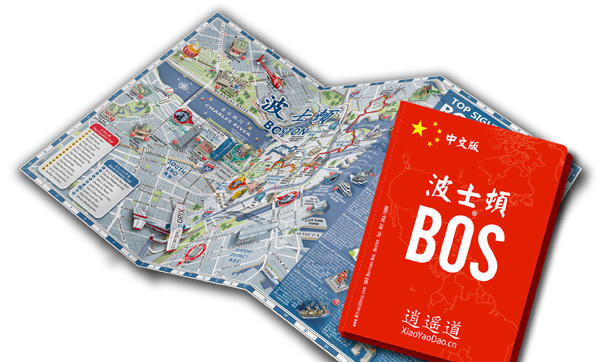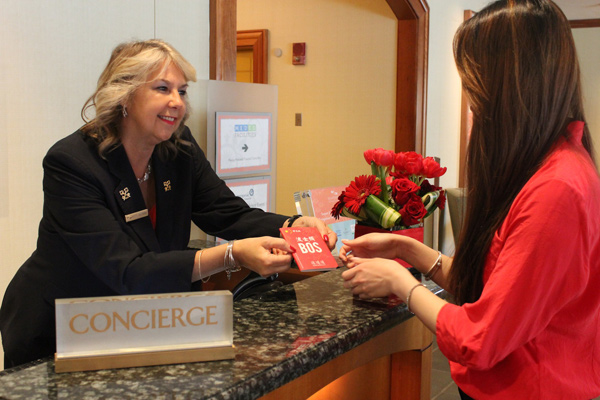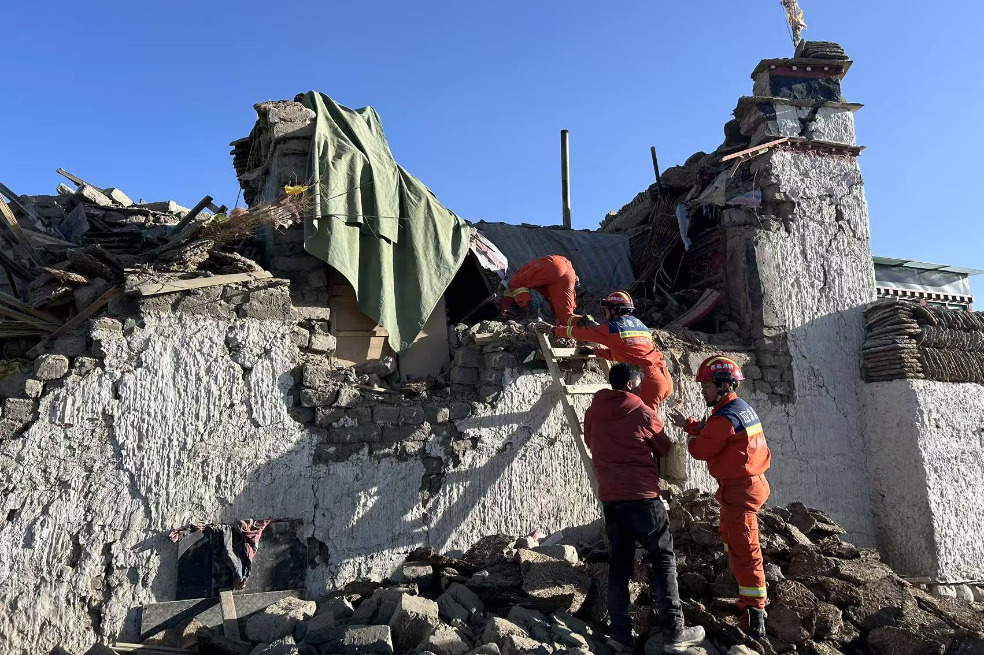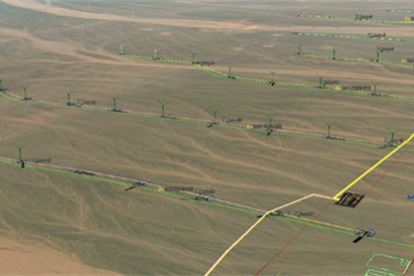Chinese tourists get a map of Boston in Chinese

"Every time we would leave our office in central Boston, we would see Chinese walking around, lost, looking at maps in English, trying to figure out where they were going. I speak some Chinese and I try to help them, but we realized this was a problem that needed to be fixed for Chinese who arrive in the city and simply want to get around."
That’s what inspired Evan Saunders to create a Chinese-language map of Boston, the first of its kind to include major attractions in Boston for Chinese tourists who may be in the city to visit Harvard University and the Massachusetts Institute of Technology, but who also want to do some sightseeing and shopping.
 |
| Boston-based Attract China has launched a new Chinese-language map of Boston, listing 21 recommended sites in the city for the increasing amount of Chinese travelers. |
The map, which was made available throughout the city last week, is the work of Attract China. The company helps clients market their products to Chinese tourists and the map of Boston is its first such product. Boston is the largest city in New England and the sister city of Hangzhou, China.
"We realized that there were businesses in America that offer 5-star experiences that the Chinese don’t really know about," Saunders told China Daily. "We simply wanted to connect those dots and ensure the Chinese can have an equally exciting time at other locations that they may not know much about."
 |
| Betty Salemme, chief concierge of The Seaport Hotel, handing a customer a new Chinese-language map of Boston put together by Attract China. Boston is seeing an increasing amount of Chinese travelers. |
The red passport-sized foldout map is free and available at information kiosks, restaurants in Chinatown, and more than 100 hotels in the Boston area.
"We are thrilled with the reaction of the new Chinese map of Greater Boston,’’ said Betty Salemme, chief concierge at the Seaport Hotel, which is among the hotels that provide the maps. "Our Chinese guests find it very useful and in fact, plan to take it home as their personal souvenir."
The company makes revenue through advertisements placed by the brands they work with, and the Boston map has ads in it.
The map includes a list of 21 recommended destinations in Boston, including Fenway Park, home to the Boston Red Sox baseball team, the Freedom Trail, the USS Constitution Museum and Chinatown.
The Attract China team spent a year putting the map together, interviewing more than 1,000 thousand Chinese travelers to find out what they were looking for when they traveled.
"We found a lot of Chinese knew about Harvard University, they know MIT, they know about lobster from Boston. But they didn’t know much else," Saunders said. "They knew they wanted to go shopping at Tiffany & Co. but they didn’t know it existed in Boston. So sometimes it was simple as bringing awareness to a location they’re already looking for."
Saunders said that of the $10 billion Chinese tourists spent in the US last year, only 3 percent was spent in Boston. He said that the Chinese don’t know Boston as a shopping city, but he hopes the map will help solve that.
"We want to open their eyes to the shopping available on Newbury Street, in Prudential Center, in Copley, at the premium outlets, to bring awareness that the actual outlets they’re looking for when they come to America exist right next to the historical locations here in Boston that they also want to visit," he said.
On June 20 Hainan Airlines will start its direct service between Beijing and Boston, now the largest US market without any direct flights from China. The airline expects to serve close to 5,000 travelers a month on the new route, according to a filing with the US Department of Transportation.
Attract China is based in Beijing and Boston, with 20 people in Beijing and 10 people in Boston. The company gets revenue through advertisements placed by the brands they work with, and the Boston map has ads in it.
The company is also launching a Chinese website targeting travelers who want to visit North America called Xiaoyaodao, which means "the gateway to getaway" in Chinese, according to Saunders
"We spent the past year working with 200 brands across North America, so when we launch the site on May 1, it will be full of helpful information, free for all the Chinese," he said.
The site will have original content and information on cities across North America, highlighting major attractions and activities. The editor in chief of the site is Charlie Ying Li, a former senior editor at the National Geographic.
Today's Top News
- Xizang quake survivors embrace warmth
- Talks tried and tested way to keep ties on track: China Daily editorial
- Shenzhou XVIII astronauts meet press after return from space
- China's annual express delivery volume tops 170 billion
- Growth momentum needs financing, housing, consumption
- Recruiters seek overseas graduates






























